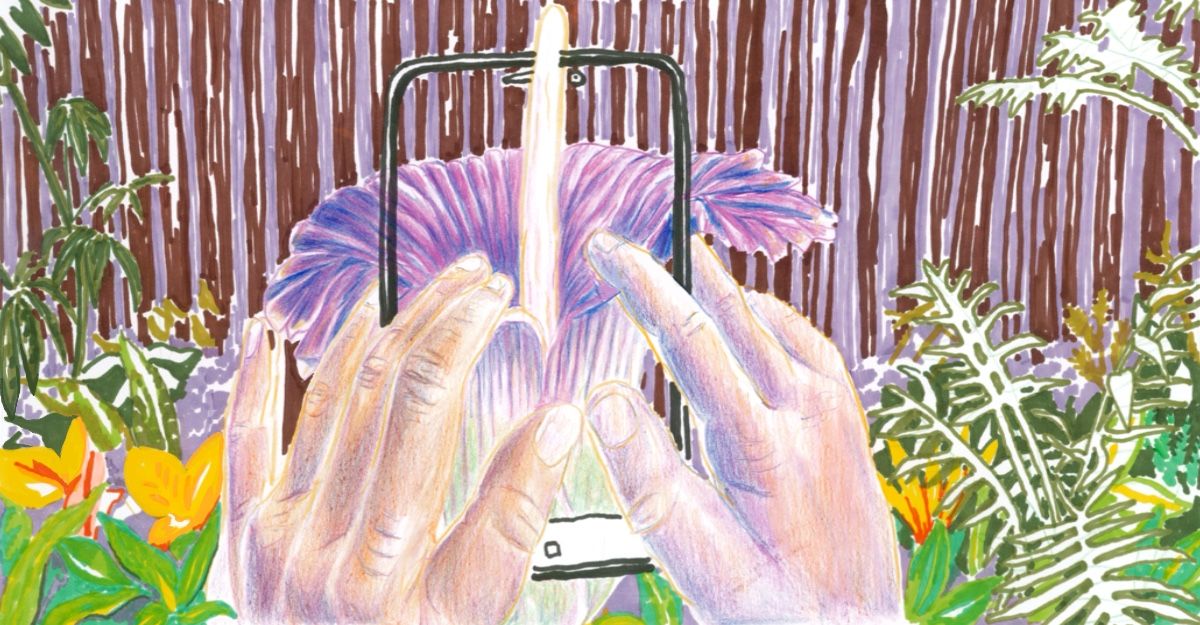In the latest incursion in Australia’s regulatory crusade against the internet, public discussion over the past week has surged with comments from our political leaders warning social media platforms that they may become liable for defamation as publishers if they do not ‘unmask’ anonymous users.
If you were to take the comments from Prime Minister Scott Morrison and Deputy Barnaby Joyce at face value, you might be convinced that addressing misinformation, abuse and harassment online is as simple as forcing people to use their real name. But that’s not the complete picture.
It might sound like an easy fix, but in reality, there is very little evidence to suggest that removing anonymity or pseudonymity online will reduce these behaviours. Researchers in this field have found that preventing anonymity does not necessarily reduce cyberbullying. When the South Korean government passed a law requiring users to provide identification before posting on election-related websites, studies found no significant evidence to indicate that doing so prevented the spread of misinformation. We need only turn to Facebook’s Real Names Policy as a case study. Has requiring people to use their real name prevented harassment and abuse on Facebook? No. Has it prevented the spread of misinformation? Also no.
The attack on anonymity is not new. Governments around the world often suggest removing online anonymity or implementing real-name policies, ostensibly on the assumption that doing so will reduce online harms. It was only in April this year that the Australian Government considered a proposal to require 100 points of ID in order to operate a social media account as a way to minimise abuse. Not only was this met with criticism from privacy and security experts—it was also the very same week that news broke of Facebook’s biggest data breach yet revealing the personal information of over 500 million users. It’s hard to imagine a more perfectly timed example of the risk of forcing users to provide official documentation to social media companies.
For all the talk of fighting cyberbullying, there appears to be very little consideration of how the ability to use pseudonyms online is, for many, vital to personal safety. Victim-survivors of family violence often rely on it to avoid abuse and harassment from perpetrators. Members of the LGBTQ+ community may choose to anonymously explore their identity online without fear of being ‘outed’ to possibly unsupportive communities or families, or even to avoid workplace discrimination. Sex workers often use pseudonyms to be able to work safely. Lawyers, activists, and many front-line staff working in particularly sensitive areas may opt to separate their real identity from their online life, in order to prevent clients from finding and interacting with them and their families online.
And this is just a small handful of examples of the kinds of people who rely on the ability to be anonymous or use pseudonyms online. They are not bad people, or ‘cowards’, as the prime minister would have us believe. The reality is that anyone seeking community or connection online without the risk of attracting stigma or discrimination in their day-to-day life offline might choose to be anonymous at some point—and they should be allowed to do so. If we zoom out beyond a focus on the individual, anonymity is actually a vital ingredient for political debate and a thriving democracy.
There’s no question that online abuse, harassment and misinformation are issues of grave importance that require attention. But any regulatory efforts should be evidence-based, not motivated by political point scoring. What we have here is a proposed ‘solution’ that is likely to be both ineffective and cause additional harm to those the government claims to wish to protect.
We should also consider this: identity is complex. It changes as we grow and evolve, and it’s entirely normal to adjust how we present ourselves depending on context. We would not bat an eyelid when considering people who present themselves professionally at work, and act completely differently among friends. In fact, it’s probably common and healthy! Forcing people to have a single personality, both online and off, doesn’t create accountability, it creates oppressive conformity. Online spaces enable us to explore and develop our identity without being limited by the physical world. Given that our digital footprints are more permanent and traceable than ever before, the ability to use services anonymously is increasingly worth protecting.
There are bad people on the internet who use anonymity to spread misinformation, troll, harass and defame people. There are also people who do the same while proudly sporting their real name and profile picture (or even from the comfort of a seat at Parliament). We need to resist the simplistic assumption that people who wish to use the internet anonymously must have ‘something to hide’, and therefore must be ‘bad’ or doing something wrong.
Public policy shouldn’t rely on assumptions, anecdotal evidence, or the personal gripes of people in power. Calls to reduce the ability for people to be anonymous online is a classic example of techno-solutionism; a quick technical ‘fix’ for large, complex societal problems, without considering the real negative consequences for a large proportion of the population. Australians, and indeed everyone on the internet, deserve an approach to internet regulation that is nuanced and fit for purpose in our interconnected world—this isn’t it.
Image: René Magritte, ‘The Happy Donor’ (detail), 1966






